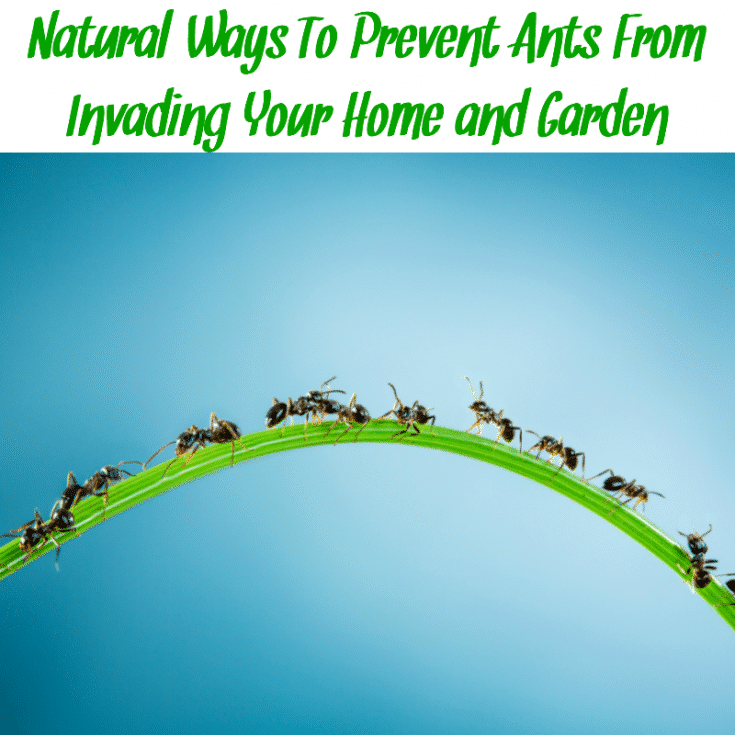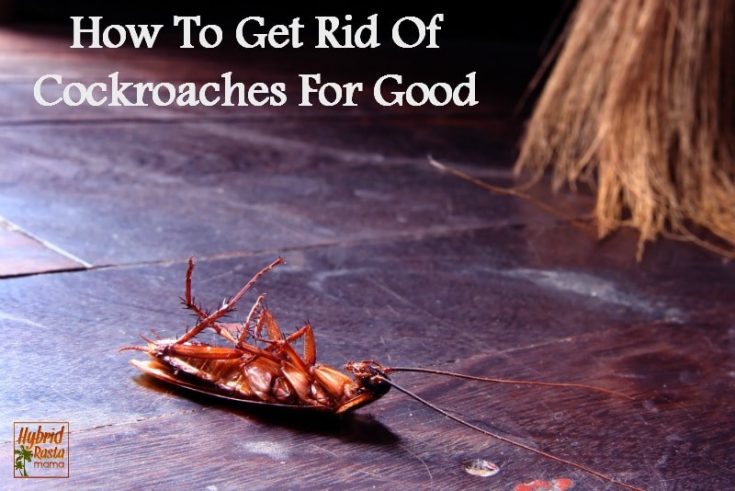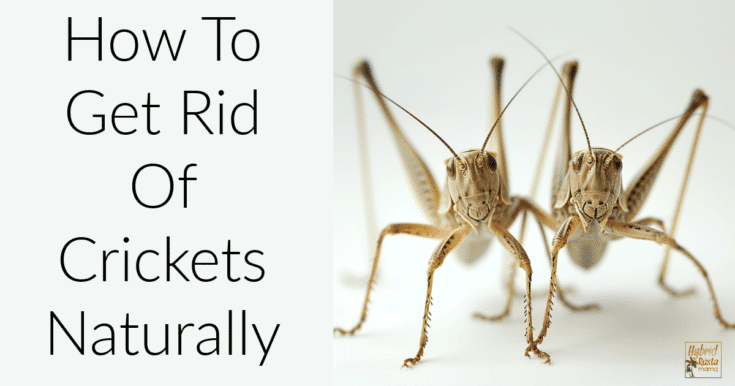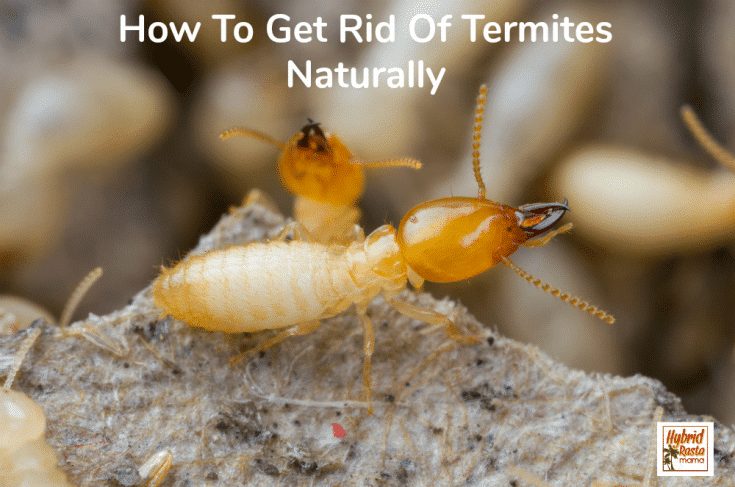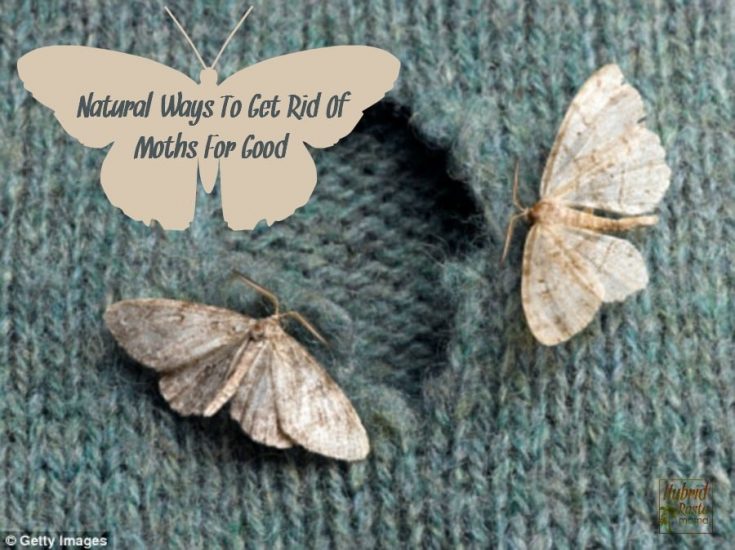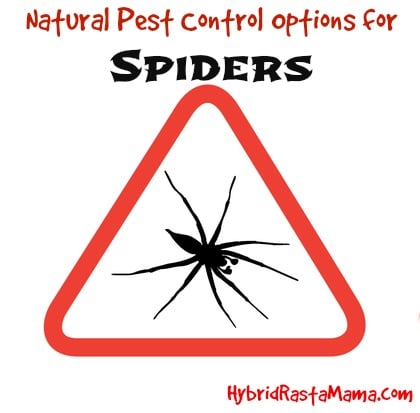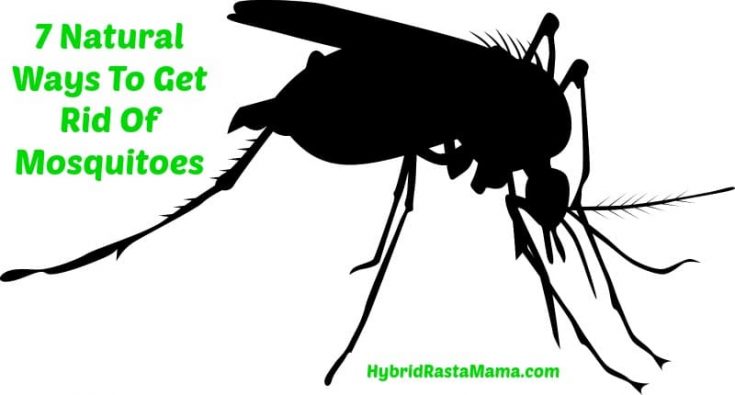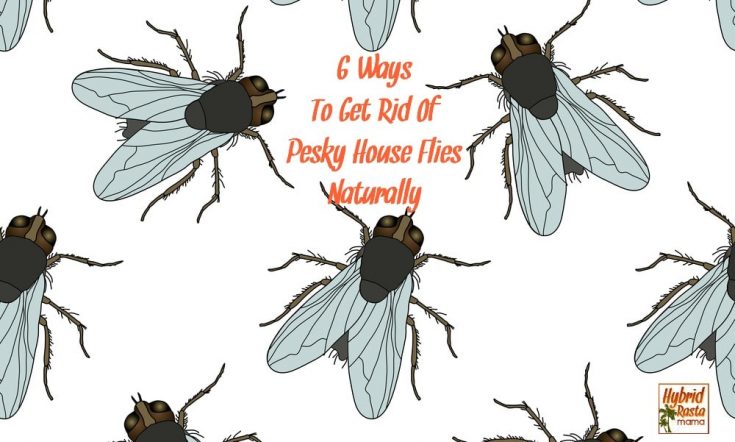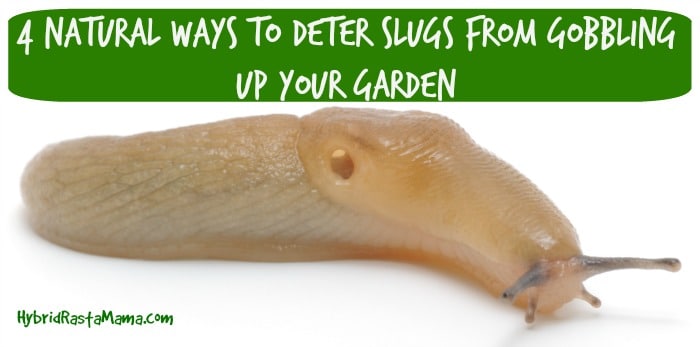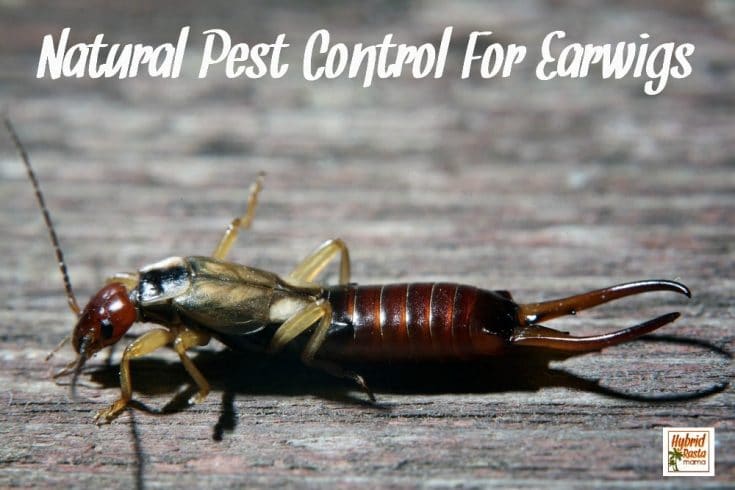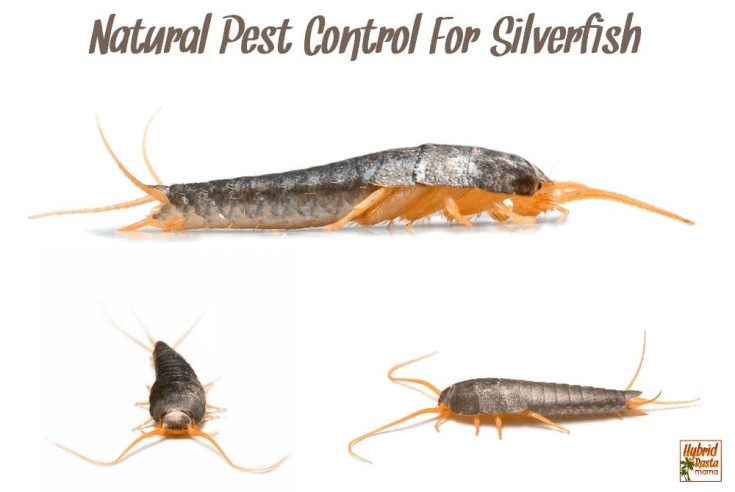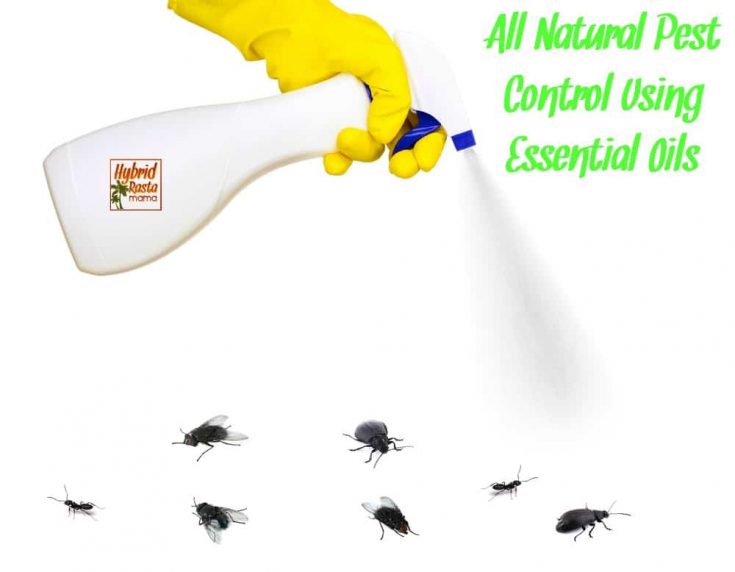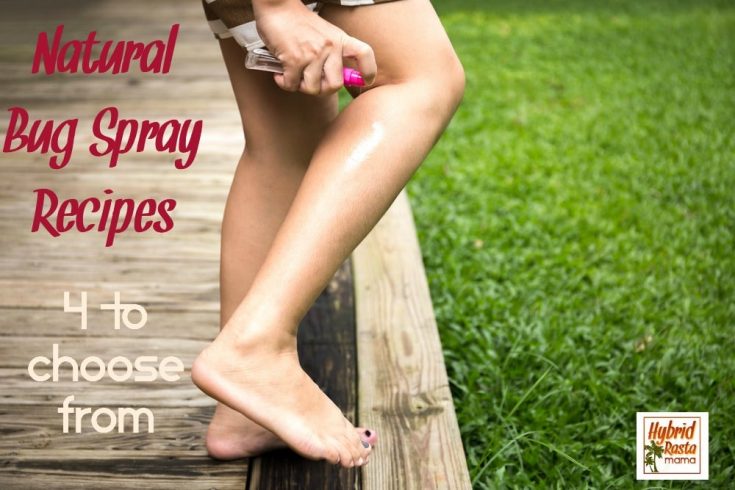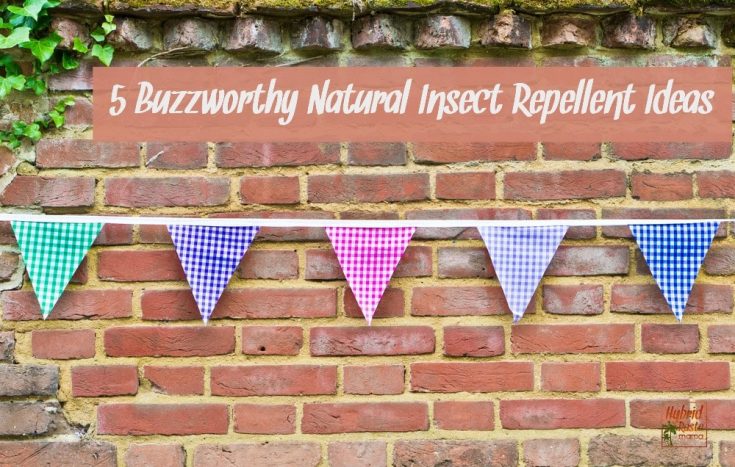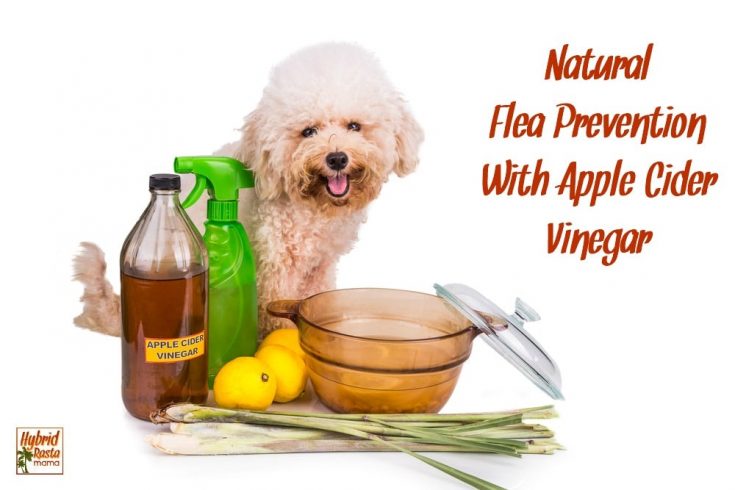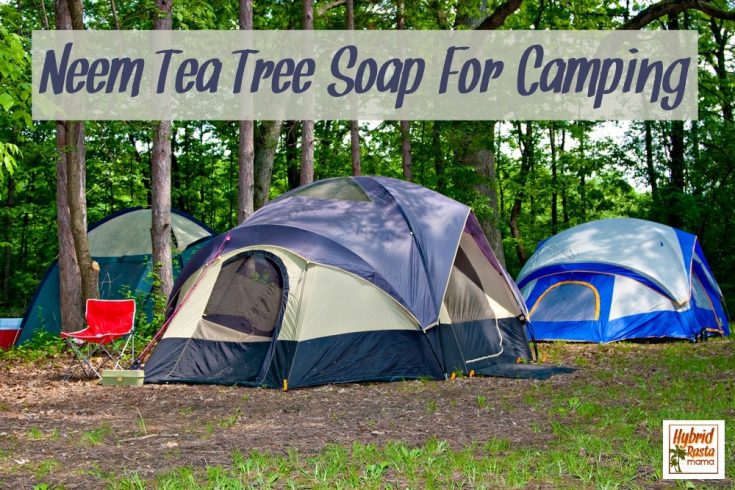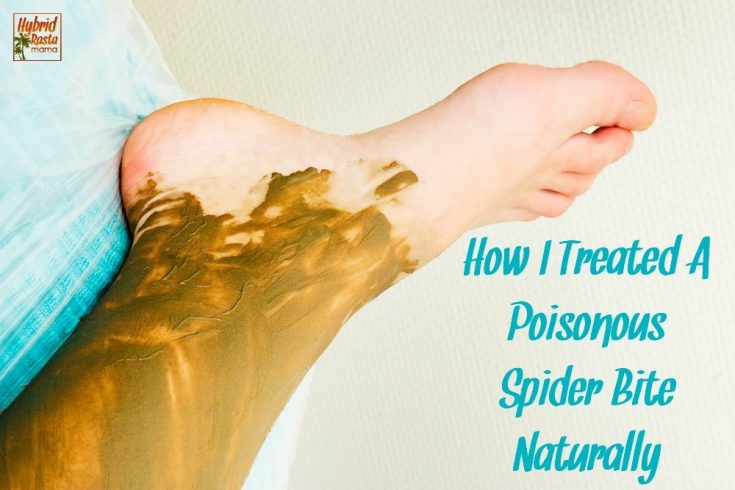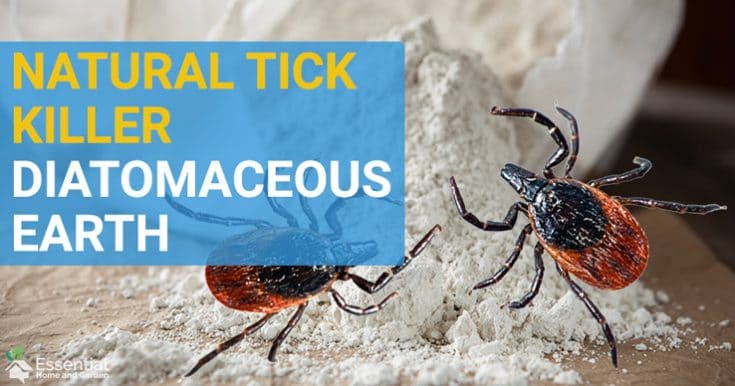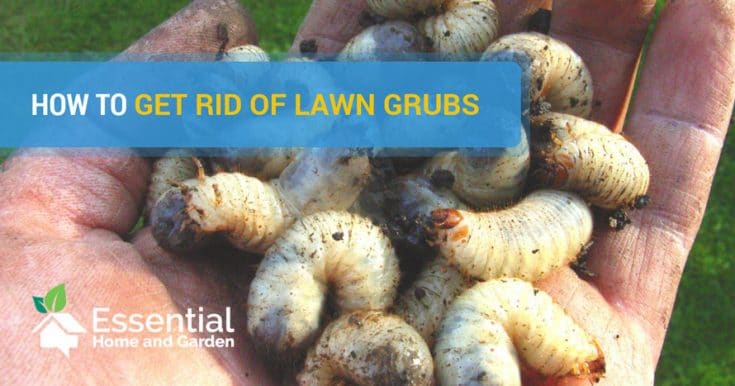Got bugs? Looking for natural pest control options? Whether you are looking for natural pest control for spiders, natural pest control for ants, natural pest control for moths, natural pest control for cockroaches, or natural pest control for just about any other kind of bug, I’ve got you covered.
Aside from the specific methods of dealing with the various critters in the posts linked below, there are several different things that I do or recommend as part of the natural pest control approach . These include, but are not limited to:
- Removal of spider webs
- Removal of wasp’s nests
- Sealing off entry points to your home
- Adjustments to landscaping
- Removal of debris or wood piles
The first three things are pretty obvious but a lot of you might be wondering exactly what I mean by “adjustments to landscaping” and “removal of debris or wood piles.” Lets take a quick look at how these play into a natural pest control approach around your home and why they are the most critical things you can do.
Adjustments to Landscaping
Plants should be planted or trimmed away from your home at least a foot or two. This makes natural treatments more effective but most importantly it doesn’t provide a hiding place for spiders, cockroaches, crickets, earwigs, and scorpions right next to your house.
Ground cover plants are usually beautiful but they also provide a cool, moist, protected hiding and breeding place for all sorts of bugs! The area that these plants cover should be kept to a minimum and should be periodically trimmed and debris removed from under it to remove as much incentive as possible for bugs to live there. The same goes for bushes! Keep them trimmed off the ground.
Removal of Debris and Wood Piles
If you keep wood piles and piles of debris around your home (or in your home) you have just sent out an open invitation to every bug imaginable to COME NEST HERE! It is like putting out a neon sign advertising free room and board for bugs.
Wood piles are notorious bug condos and a big pile of raked up leaves or bush trimmings is a massive pest population just waiting to happen. Usually you won’t have to wait long either. Bugs breed FAST when they find a place to live that they like.
If you have a wood pile that you need to keep, elevate it off of the ground and away from structures so that a treatment can be done around and under it.
So why shouldn’t you use pesticides?
I know, I know… it seems easier to just grab a can of bug spray and let those suckers have it but hear me out.
The word “pesticide” refers to any substance used to control something undesirable, including insects, slugs and snails, rodents, weeds, and disease. So insecticides, molluskicides, rodentacides, herbicides and fungicides are all grouped under the ‘pesticide’ umbrella.
Despite what many people believe, the word pesticide does not automatically mean the control is a chemical. Pesticides can be natural/organic products or toxic man-made chemicals. If it’s sold for use against a pest, it has to be called a pesticide, regardless of whether it’s a natural soil organism like one of the Bt’s or a persistent, deadly chemical like DDT.
If a product is a pesticide it is designed to KILL which means that it is doing damage. Guess what? It isn’t just damaging the bug. It is damaging whatever you spray it on.
Let’s cut to the chase. Here are 3 main reasons why you do NOT want to use pesticides (even some of the organic ones) on bugs.
- They significantly alter the ecosystem
- They are toxic to humans and other animals
- Most pesticides are residual meaning they cling to a surface for a specific amount of time. This means that if you are using them outside, there is a strong chance an important insect, like a bee, will get a dose of poison and eventually die from it. We need our pollinators. If you use it indoors then a person or pet might end up with a nice dose of poison at some point.
Whenever possible, it is best to at least try a natural approach to getting rid of unwanted insects and critters. If that doesn’t work, there are a lot of pest control companies with slightly better and more natural approaches to pest management. I suggest you turn there before resorting to a traditional method of pest control.
Check out all my natural pest control posts!
Natural Pest Control
Looking for natural pest control options so you can avoid dangerous pesticides? Check out natural pest control for spiders, ants, moths, cockroaches, and more.
